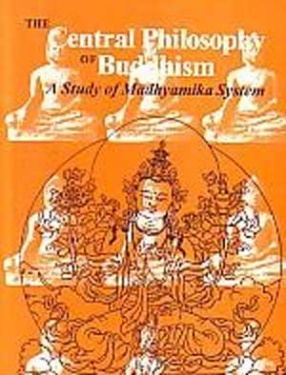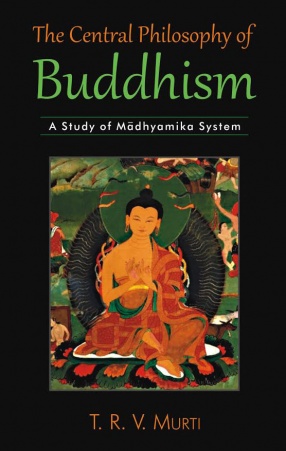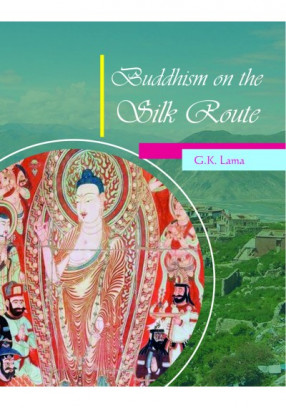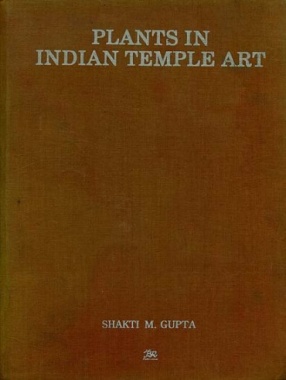The Central Philosophy of Buddhism: A Study of Madhyamika System
Synopsis
There is a class of scholars who are of the opinion that Buddhism in general, and Madhyamaka of Nagarjuna in particular, is not only deconstructionistic in orientation, but also nihilistic in content. How far this assertion is tenable or valid depends from what perspective we look at the middle way philosophy of Nagarjuna. While analysing the general orientation of Buddhist thought, Prof. Murti shows that Nagarjuna's philosophy, although deconstructionistic in its approach, is not at all nihilistic in orientation. The dialectical methods of the reductio ad absurdum, which Nagarjuna employs as a basic tool of critique, is meant to show that reason cannot reach or comprehend that which is a priori of the beyond, or what we call transcendent. It is through the method of negation that Nagarjuna, on the one hand, affirms the Buddha's noble silence concerning that which is inexpressible, and confirms, on the other hand, that the absolute as emptiness can be intuited only through the silence of negation. The emptiness of the Madhyamaka, thus, must not be seen as a philosophy of nihilism; rather it must be viewed as pointing out the limitations of reason, or what we call conceptual knowledge, in the context of that which is beyond reason, and therefore transcendent to thought and language. The emergence of the Madhyamaka philosophy was a radical turning point in the evolution of Buddhist thought in terms of which the untenability of realism of early Buddhism is established. Simultaneously the Madhyamaka hastened the emergence of idealism in the form of Yogacara-vijnanavada school. Both the Madhyamaka and Yogacara-vijnanavada schools of thought of Mahayana Buddhism gave a new direction to Indian philosophy as such, and found its ultimate expression in the philosophy of Advaita Vedanta of Samkara. While delineating the various aspects of Madhyamaka thought in relation to Abhidharmic realism and Brahmanical idealism, Prof. Murti at the same time has analysed the close resemblance that occurs between the philosophy of Kant and Hegel, on the one hand, and Nagarjuna, on the other. Thus the book is a veritable treasure of information concerning the evolution of human thought in the east and west. This book is a must for such seekers of truth who would like to plunge to the depths of knowledge.
Read more
19.80
17.82
$
22.00 $
Free delivery Wolrdwidе in 10-18 days
Ships in 1-2 days from New Delhi
Membership for 1 Year $35.00
Get it now and save 10%
Get it now and save 10%
BECOME A MEMBER
Books by the same author








Bibliographic information